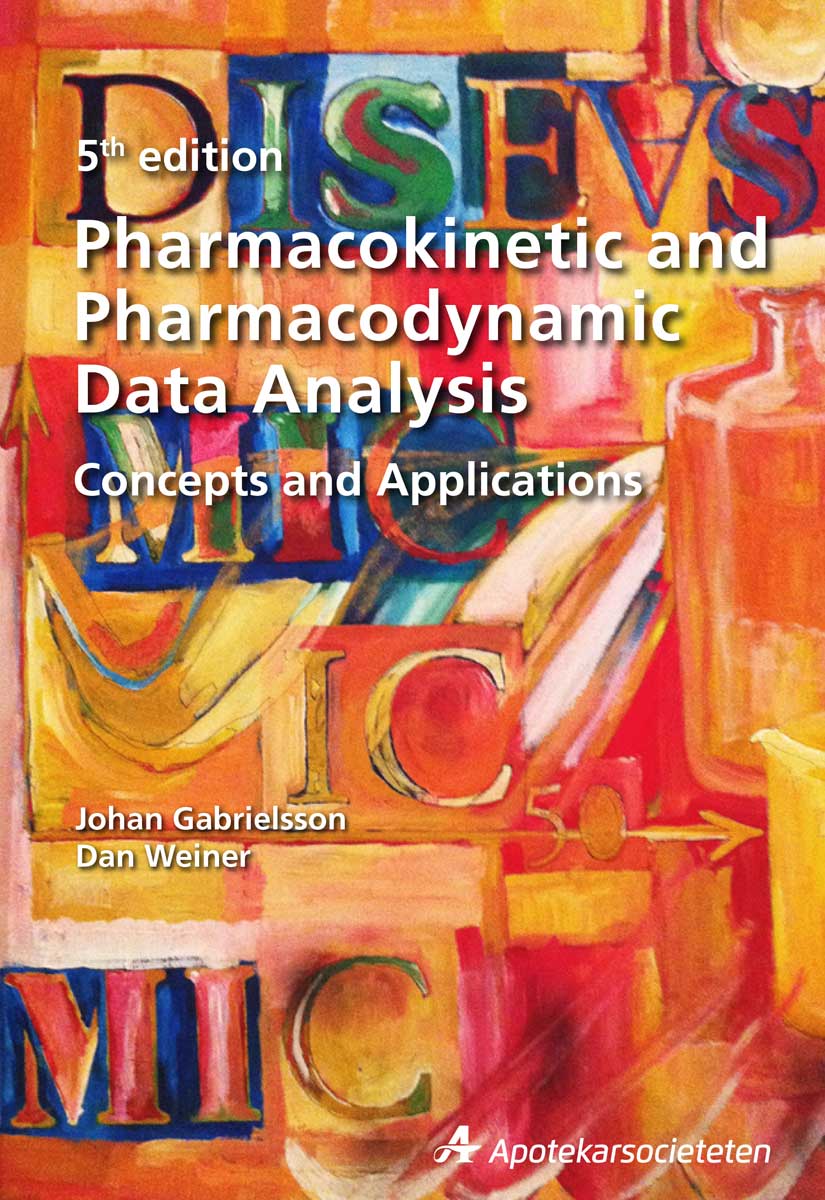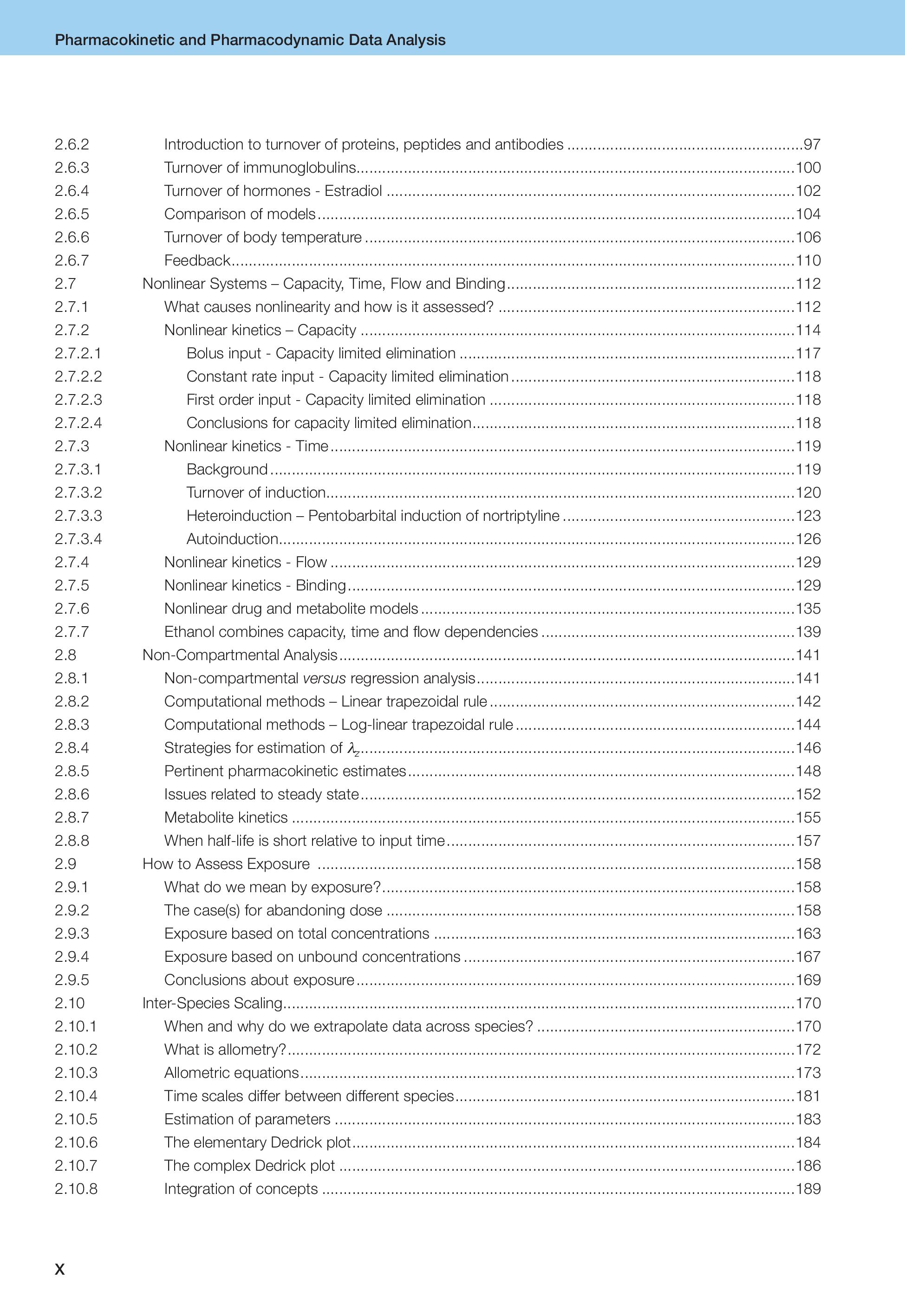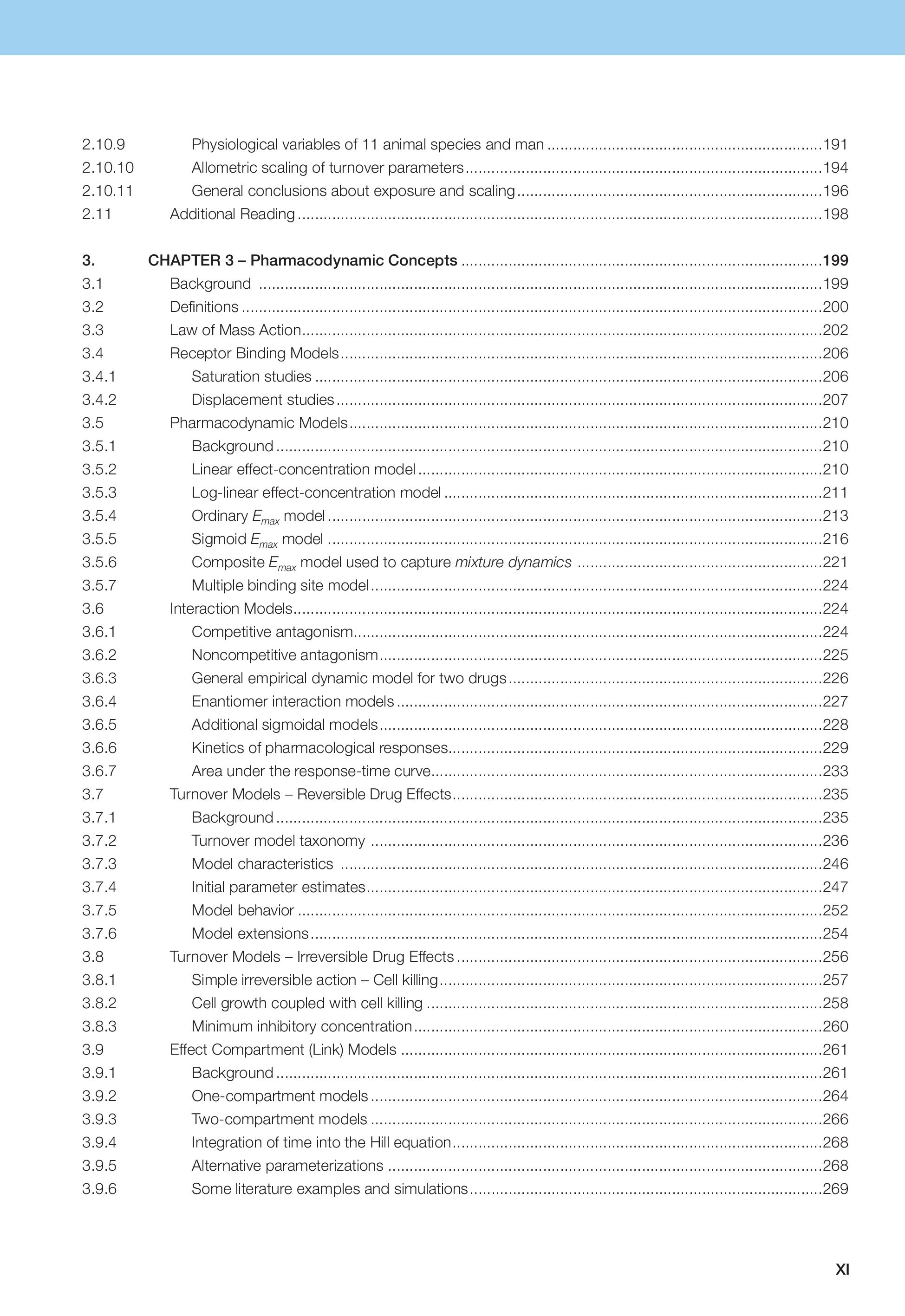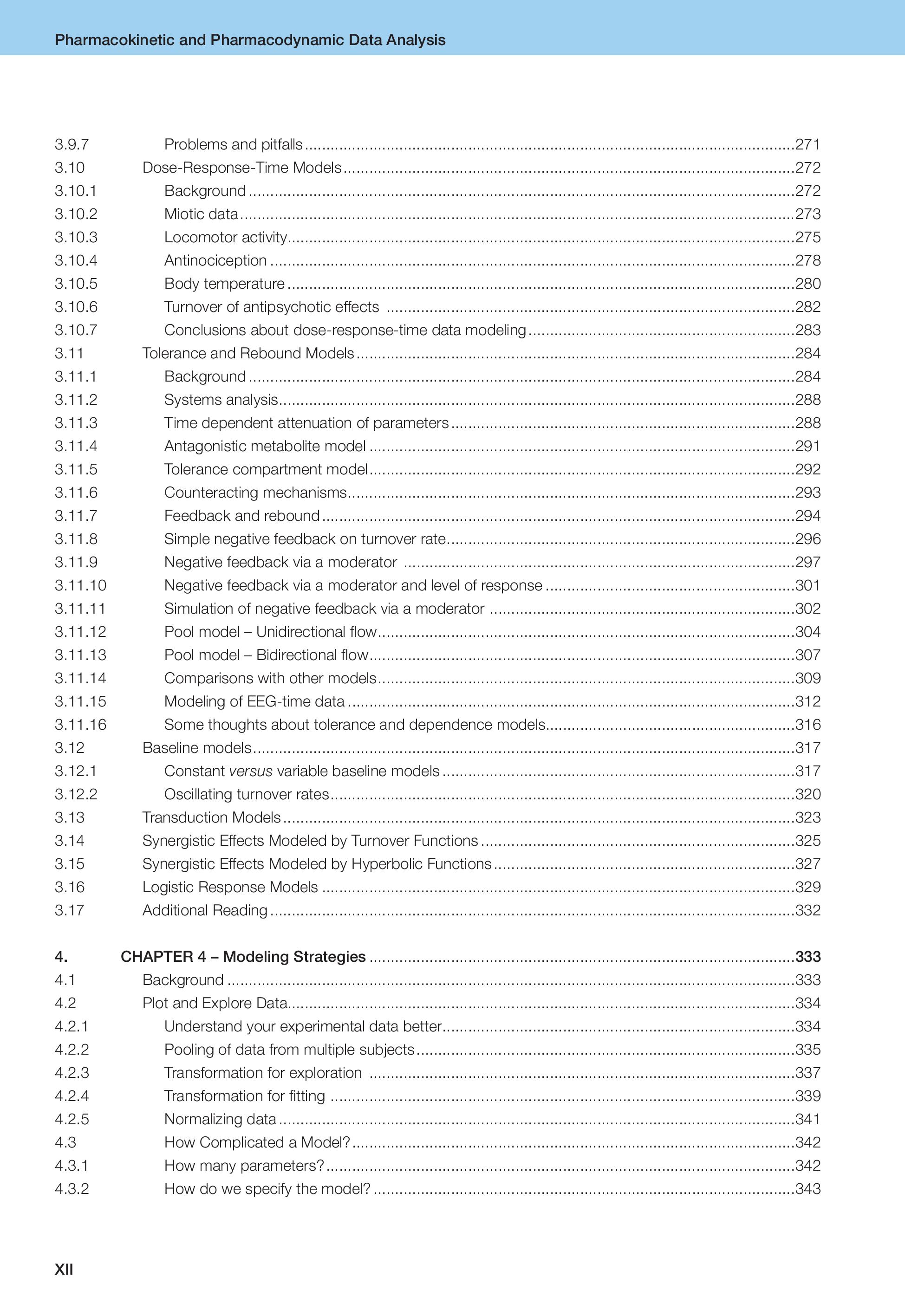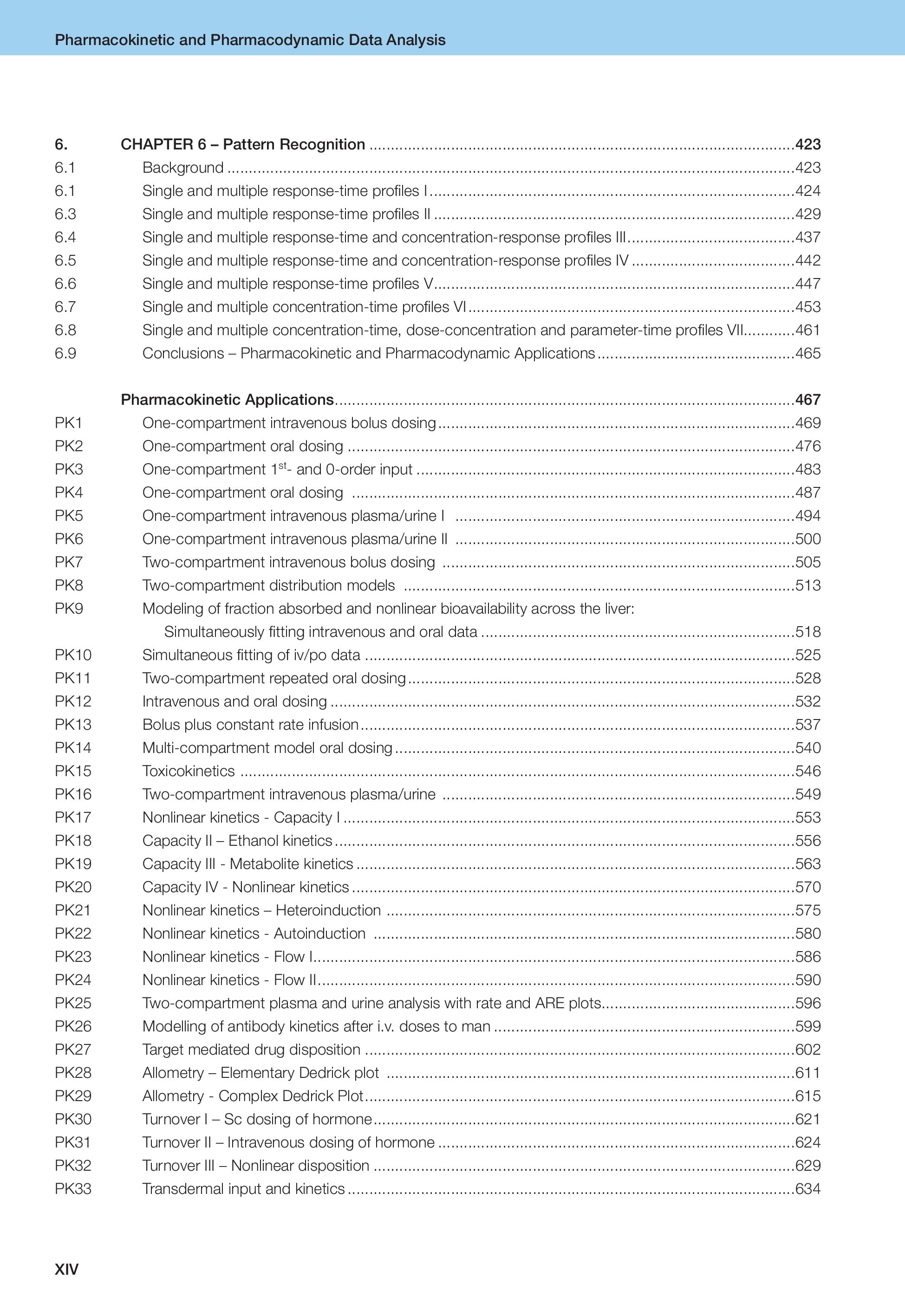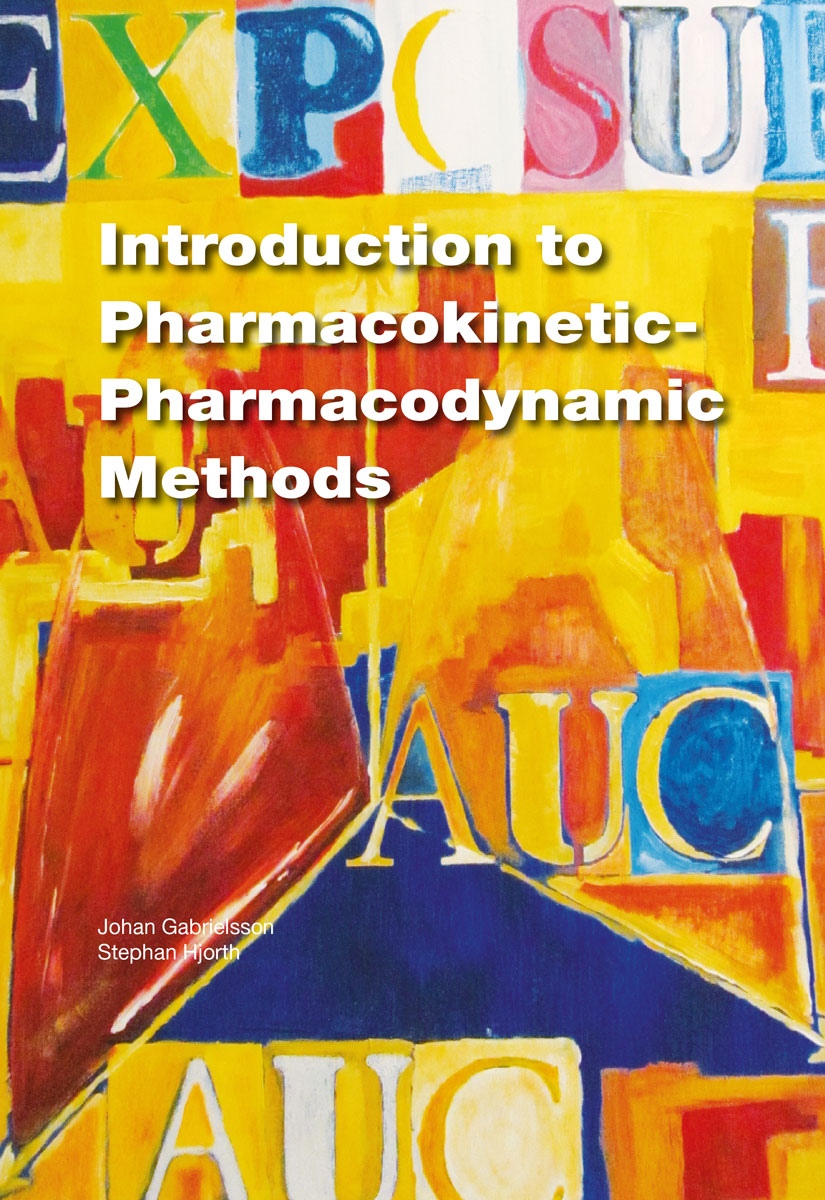MedDoor AB


Johan Gabrielsson
CEO & Founder
Johan Gabrielsson has been professor of Integrative Pharmacology in Uppsala, Sweden, 2012-2020. He has previously 20 years of industrial experience as Senior Principal Scientist in research areas such as CV & GI & CNS & Oncology & Therapeutic Biologics. He has published extensively in the field of pharmacokinetic-pharmacodynamic modelling, and has run numerous courses in biological data analysis since 1985 in Europe, the US and Asia (>6000 participants) at the undergraduate and graduate levels. He is author of the successful textbooks Pharmacokinetic and Pharmacodynamic Data Analysis: Concepts and Applications 5th ed. (2016), and Introduction to Integrative Pharmacokinetic-Pharmacodynamic Analysis 1st ed. (2012) together with Dr. Stephan Hjorth. His research focuses on different aspects of endogenous turnover and target-mediated drug disposition coupled to pharmacodynamic biomarkers. His site-based teaching is now available as virtual courses.
New Webpage
14 December 2020
MedDoor AB has launced a new webpage.
Teaching
- Undergraduate courses
- Graduate courses
- Continuing education
- Boot camps
Consultation
Strategy work
Workshops designed to encourage key people in your organisation to contribute their ideas, issues etc. in a relaxed and safe environment.
Background to courses and workshops
I have developed courses in pharmacokinetics, pharmacodynamics and related topics since the early 1980s. These courses range from basic kinetics for pharmacists and the medical profession, to graduate courses run both within academia and at the pharmaceutical industry. Some of the courses are tailored toward the drug discovery audience including pharmacologists, med chem people, safety scientists, regulatory science and clinical profession. I have run hands-on boot camps supporting different discovery projects together with DMPK scientists and for bioscience people.During the last 18 years, I have worked on designing discovery strategies for various companies, which include both presentation material for bench scientists and management (decision makers) and continuing educational courses for a wider audience. This material has since then been implemented as a 2-day course as continuing education for all discovery disciplines coupled to problem solving scenario and lectures.
The collaboration and participation have involved 50+ small and large pharmaceutical companies (such as Amgen, AstraZeneca, Bayer, Boehringer-Ingelheim, Genentech, MSD, Merck Darmstandt, Grunenthal, Hoffman La Roche, Johnson & Johnson Janssen, Leo A/S, Lundbeck A/S, Merrimac, Novartis, Novo Nordisk, Servier, Takeda etc. to mention just a few) and drug regulatory bodies (such as the US FDA, the Swedish Medical Products Agency).
I use my two text books (see reference list) in lectures and case work with hundreds of real-life examples. The on-site courses are tailored according to the local needs and therapeutic area, and often include datasets from the specific audience (project teams, specialist groups, decision makers). See example of course outline below (Course 1). Full courses and tailored exercise sessions can be delivered as webinars. For further information about courses and quotations, please contact us via ””
I can deliver complete educational packages for academia, industry and regulatory agencies. Professor Bernd Meibohm (Univ. Tenn.) and I have run a very successful course annually during the last 13 years on biological therapeutics as a 3-day and 5-day courses in Europe (Lausanne and Lyon) and the US (Memphis). More recently, the 3-day course, previously given in Europe, was given as a virtual course with high success. The 5-day Memphis course also involves specialists from the pharmaceutical industry. Dr Dan Weiner and I have run intermediate and advanced modelling courses in Europe and the US for 27 years. This material has now been integrated into the aforementioned workshops.
This 2-day workshop aims at introducing basic PK and PD reasoning/concepts from a drug discovery perspective. Six main topics are covered in lectures
- PK from a PD point of view
- Introductory pharmacodynamics
- Plasma protein binding
- Time-delays between C and R
- In vivo potency revisited
- Drug- versus system properties – A synthesis of thoughts
Pharmacokinetic and Pharmacodynamic Data Analysis: Concepts and Applications
Features
- Teaches Pharmacokinetic and Pharmacodynamic concepts to undergraduate and graduate scientists
- Meets the requirements for courses in Quantitative Pharmacology (Pharmacometrics)
- Uses over 100 real-life Case Studies
- Encourages students to apply the methods outside of the classroom
- Requires very little calculus or statistical methods
Pharmacokinetic and Pharmacodynamic Data Analysis: Concepts and Applications teaches everyday biological data analysis to the undergraduate and graduate levels. Through numerous examples and over 100 tutorials, scientists learn how to use PKPD seamlessly in a variety of practical areas, from simple plasma kinetics, multi-compartment models, nonlinear kinetics, plasma protein binding, pharmacodynamic models, turnover concepts, receptor binding, functional adaptation and rebound, dose-response-time data analysis, inter-species scaling, target mediated drug disposition, and a lot more. The text develops a logical, real-world approach to data and reasoning, showing the reader how to:
- Think both analytically and visually about data
- Use graphics to make a point
- Improve your pattern recognition ability
- Make sound decisions
- Strategize your data analyses
- Appreciate more fully the exciting field of Quantitative Pharmacology
Going beyond mere numerics and calculations, this textbook helps the reader become life-long learners exceeding the confines of a course. They will find that with little more PK/PD concepts, their daily professional lives will be more productive, understandable, and creative.
Introduction to Pharmacokinetic & Pharmacodynamic methods
PKPD awareness is vital if we are to attempt to relate preclinical results to the acute and long term consequences in humans. The debate on whether preclinical findings can be translated to the human usage is still engaging scientists across industry, academia and regulatory bodies. Pharmacokinetics (PK) and pharmacodynamics (PD) comprise traditionally distinct disciplines within pharmacology, the study of the interaction of drugs with the body. It is our intention to show that by deliberately, intimately and systematically integrate these disciplines our understanding of drugs and the efficiency and effectiveness of drug discovery and development may be greatly enhanced.
The book is therefore written with a broad audience in mind and focuses on concepts. Pharmacologists of all sorts, safety scientists, pharmacokineticists, medicinal chemists, clinicians, statisticians, veterinarians, animal science professionals, project leaders and students of medical, pharmaceutical and veterinary sciences are the primary targets.
This textbook
- introduces the basics of PK and PD concepts
- outlines the implications of integrating PK and PD analysis
- introduces the principles behind different biomarkers and inter-species scaling
- discusses experimental design of PK, PD and safety studies in non-human species
- covers numerous real life Case Studies from the drug discovery arena.
Published articles
Pharmacokinetic Steady-States Highlight Interesting Target-Mediated Disposition Properties
 Download Article
Download Article
Modeling and design of challenge tests: Inflammatory and metabolic biomarker study examples
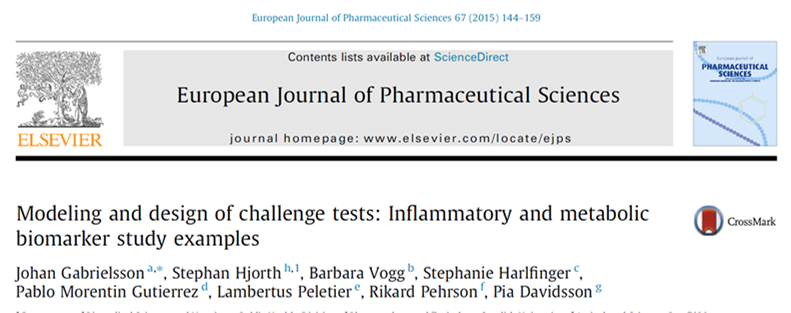 Download Article
Download Article
Main office
Engelbrektsgatan 5, 411 27 Göteborg, Sweden
+46-(0)72-015-1123
